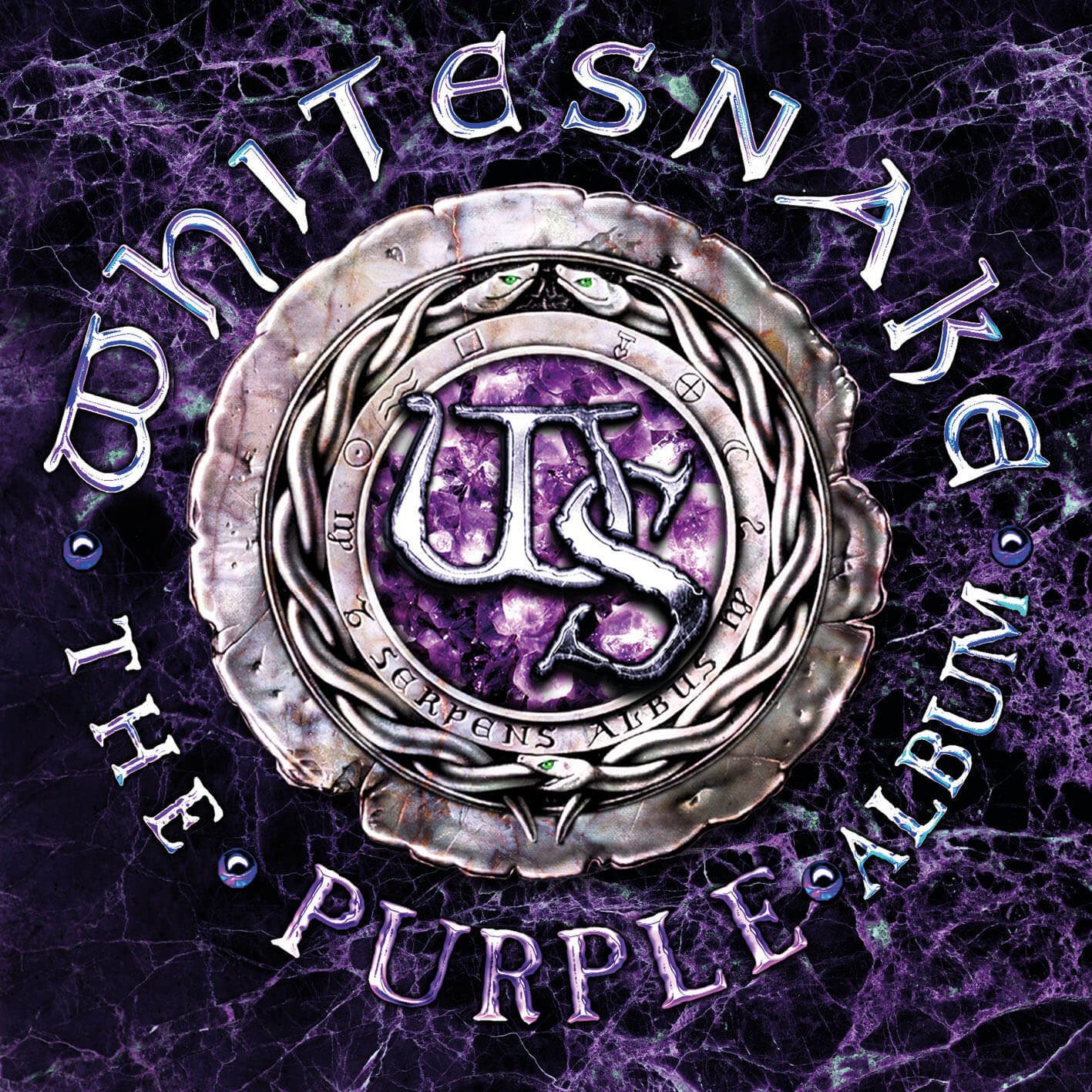The Deep Purple family tree is a convoluted one. Aside from the numerous lineups over the years (referred to as “Marks” by the fans), the British hard rock forefathers’ branches wound their way through a number of offshoots and pre-existing acts. Those included – but are by no means limited to – Rainbow, Black Sabbath, Gillan, Dio, Hughes/Thrall, and Whitesnake.
Before forming Whitesnake in the late 70s, frontman and sole consistent member David Coverdale was brought in to join Deep Purple due to the departure of Ian Gillan and Roger Glover. Sharing vocals with bassist Glenn Hughes, they released three albums – Burn, Stormbringer, and Come Taste the Band.
After Deep Purple ultimately collapsed under the weight of a shifting lineup, relentless touring schedule and the excesses that came with it, Coverdale began a solo career which would eventually morph into Whitesnake. Despite huge chart success in the latter half of the 80s with 1987 (and to a lesser degree Slip of the Tongue), the shifting tastes of the public saw the band go on hiatus for most of the following decade.
Coverdale reformed Whitesnake in the early 2000’s and has since released a number of live and studio albums. It’s safe to say it has been one of the more successful comeback stories when it comes to 80’s hard rock.
It’s been fairly common for bands of that vintage to release cover albums, filled with songs that inspired the budding rock stars as they honed their craft. The Purple Album, as the name suggests, is one such cover album focused on Deep Purple cuts. Where this differs is that Coverdale actually had a hand in writing and performing all of the original songs.
Originally envisioned as a reunion of the Mark III lineup of Deep Purple, it morphed into a Whitesnake project when guitarist Ritchie Blackmore, Hughes, and Coverdale couldn’t come to terms. What results is several Deep Purple classics, reimagined by Whitesnake’s steamroller of a band, anchored by their dual guitar attack.
Make no mistake about it – long time ‘Snake guitarist Reb Beach (Winger, Night Ranger) and newcomer Joel Hoekstra (Night Ranger, Trans-Siberian Orchestra) bring the goods. They manage to make their mark upon every one of the 15 tracks, which is either a good or bad thing, depending on your view of Ritchie Blackmore and the original recordings. Purists will undoubtedly hate these re-imaginings, as they’re all pretty bombastic and lacking the subtleties of the original recordings. Nevermind the fact Blackmore is an iconic guitarist; trying to duplicate his style would be a losing proposition for anyone looking to fill his shoes, no matter how talented.
If one can look past the obvious differences between the originals and these tributes, there’s a solid album to be had. True, the songs lack much of the swing of the originals, opting for a more straight-ahead rock stomp. “You Keep On Moving” just doesn’t lend itself well to this approach (and Glenn Hughes’ vocals are conspicuous in their absence), but isn’t bad if you’re not familiar with the original.
Another obvious distinction between these covers and the originals is Coverdale’s voice. It is rare for any vocalist who has been singing for decades to maintain the same range and quality as they had in their prime. With that being said, at times the lead vocals can get pretty rough. “Mistreated” in its original incarnation was a vocal showcase for Cov, but here it only serves to highlight his diminished range. (Side note: Be sure to check out Dio’s live version of Mistreated with Rainbow – RIP Ronnie.)
Other tracks fare better due to the prominent background vocals and a band on fire – “Burn,” “Stormbringer,” and “Lady Luck” in particular get kicked up a notch due to Beach and Hoekstra’s six string prowess.
If the listener can look past the obvious differences due to aging vocals and a markedly different approach to the arrangements, this is an above average collection. It holds up well with Whitesnake’s latter day output, and serves as a good introduction to the Mark III/IV-era Deep Purple for those who might not be aware of Whitesnake’s lineage.

